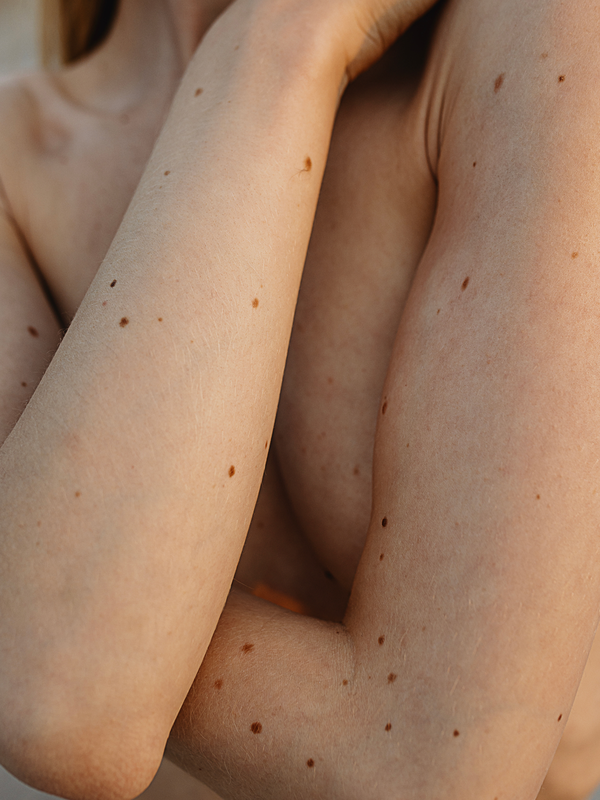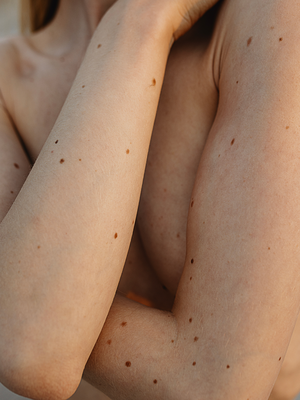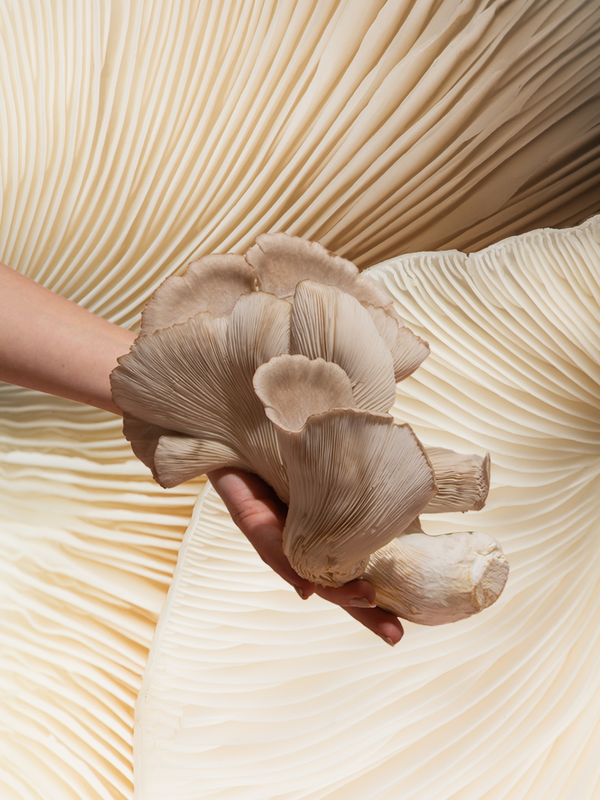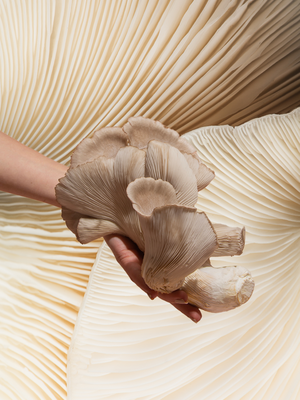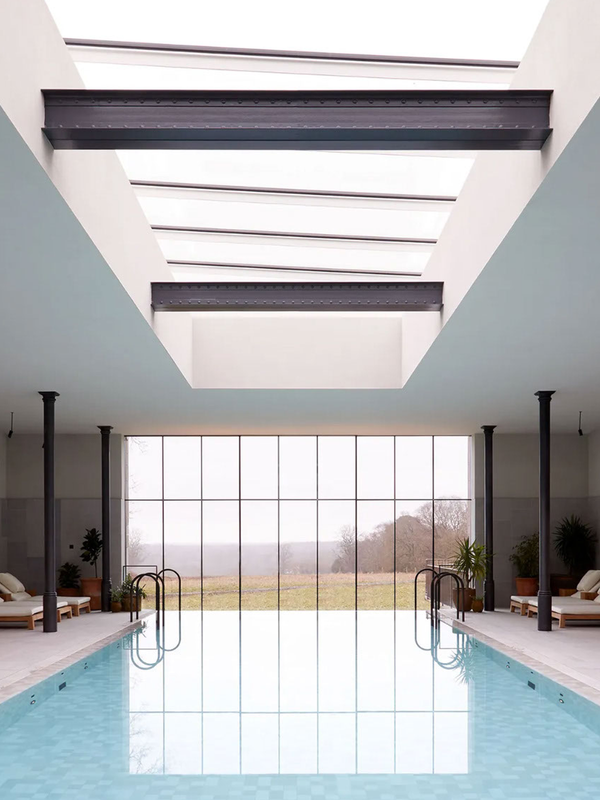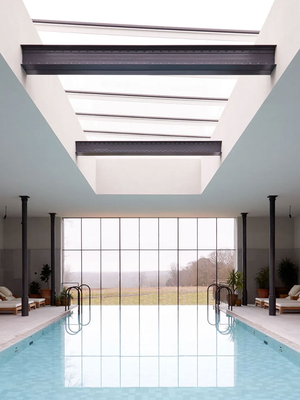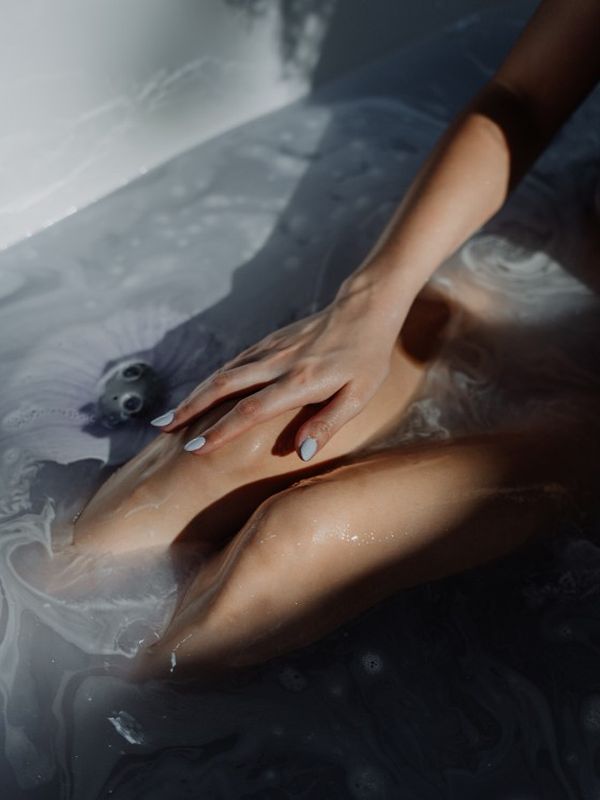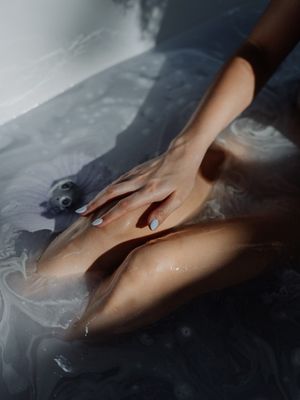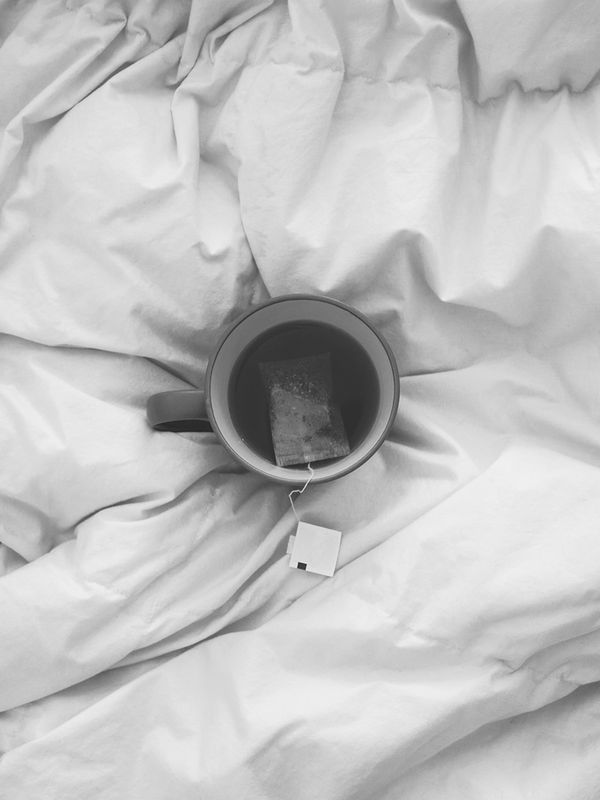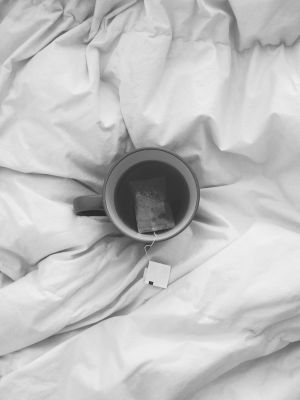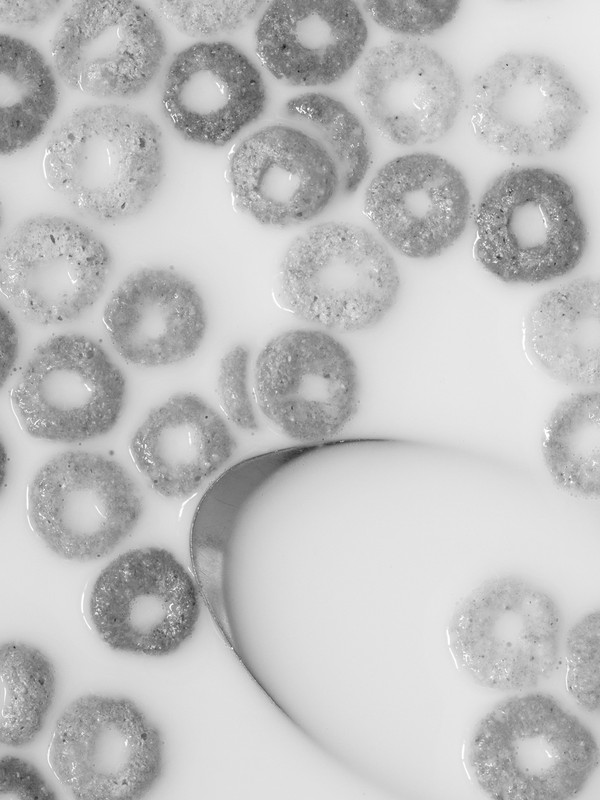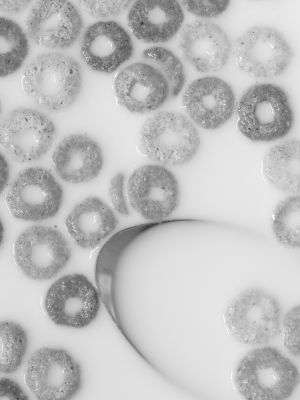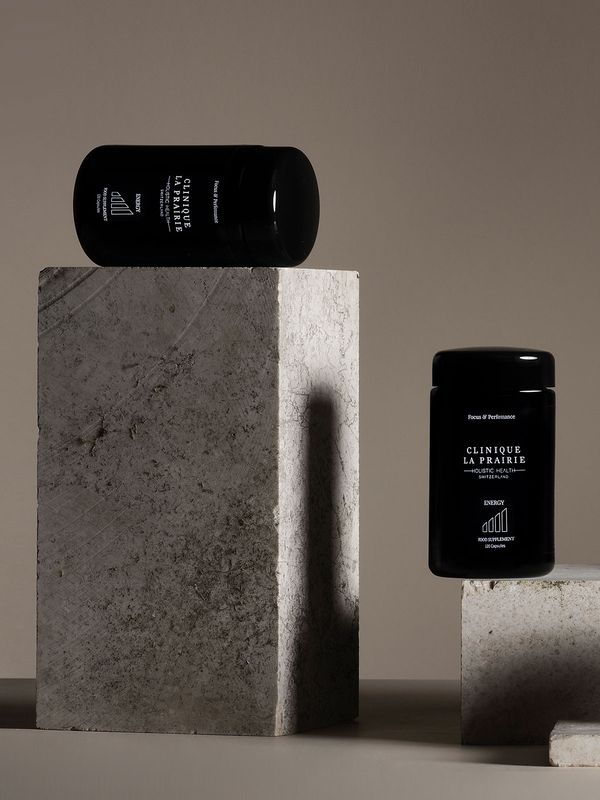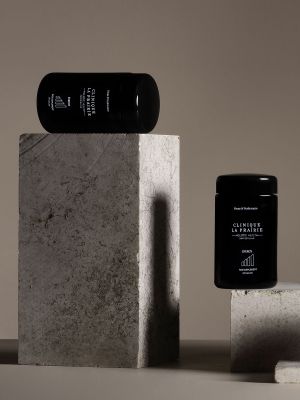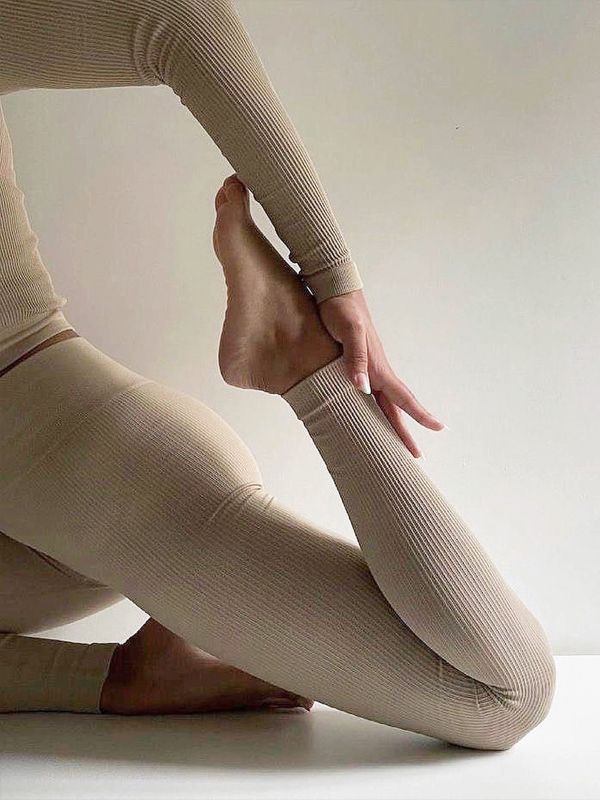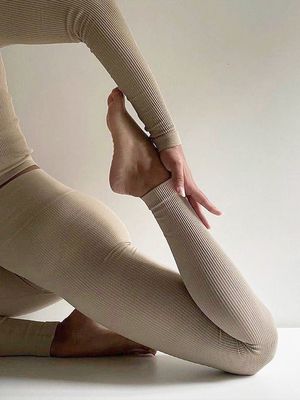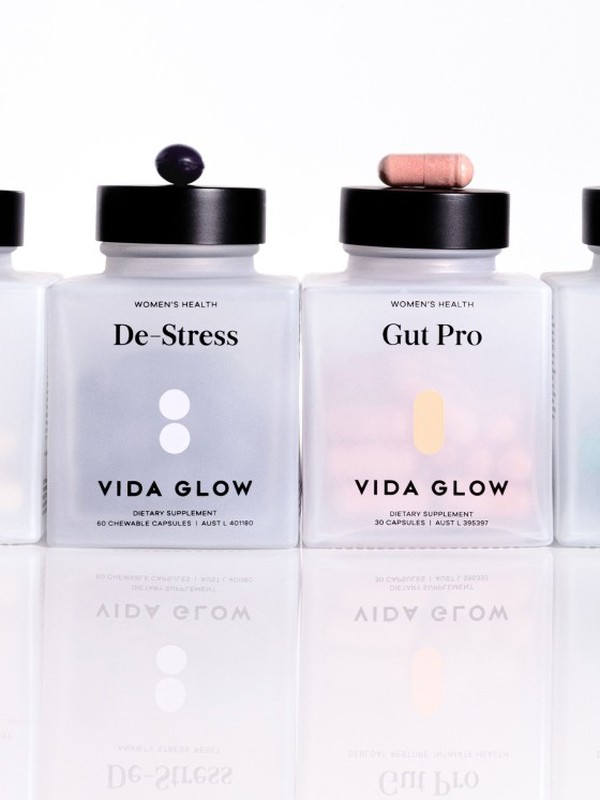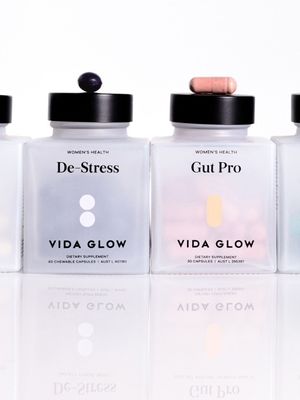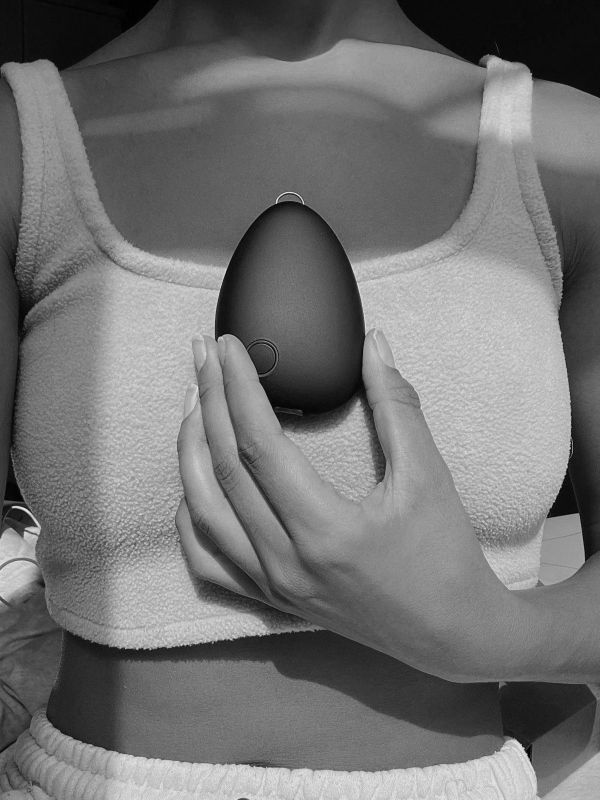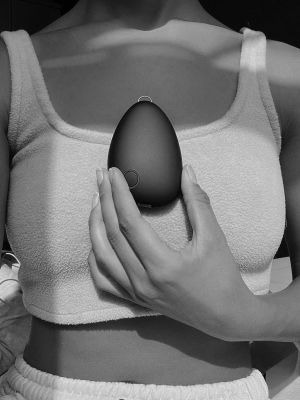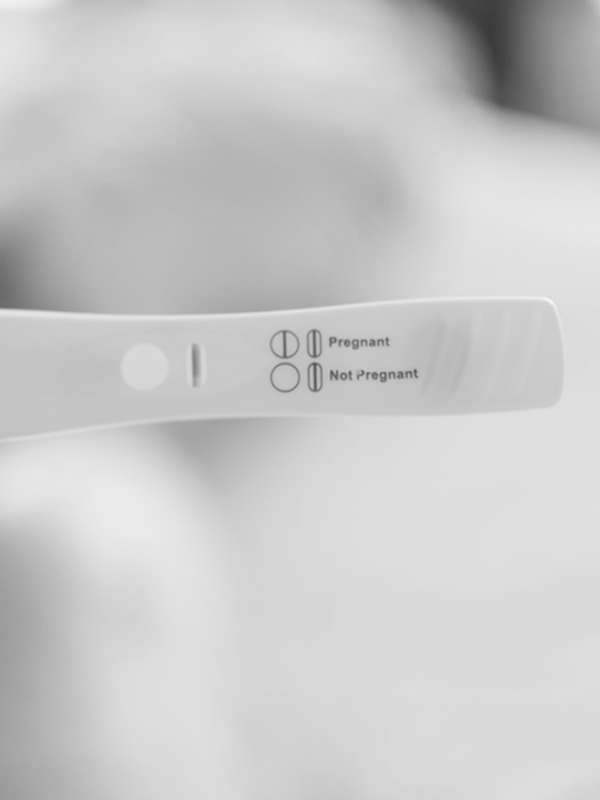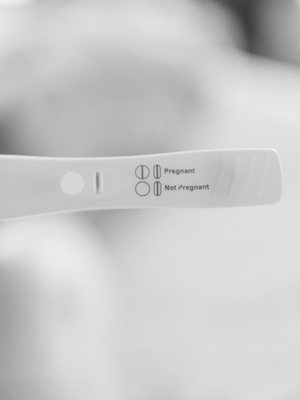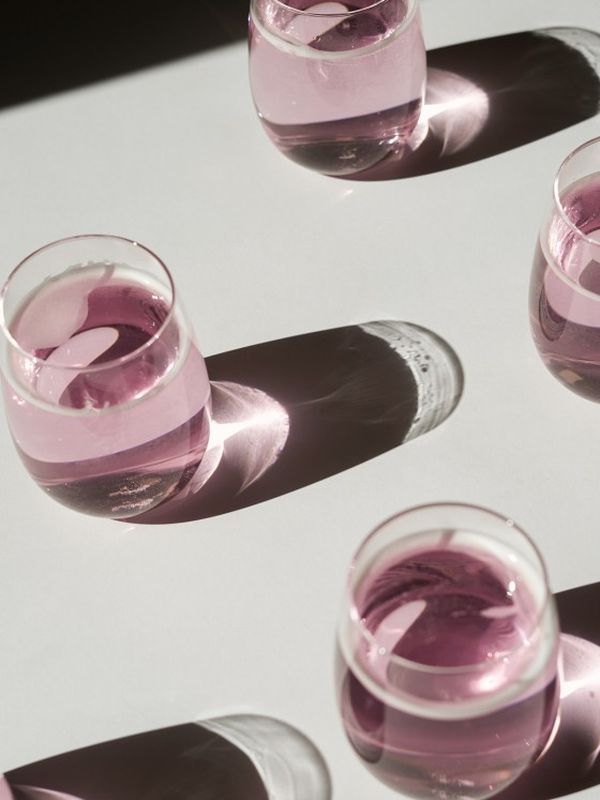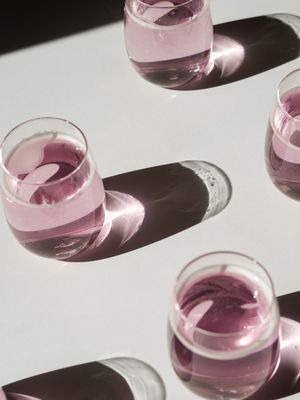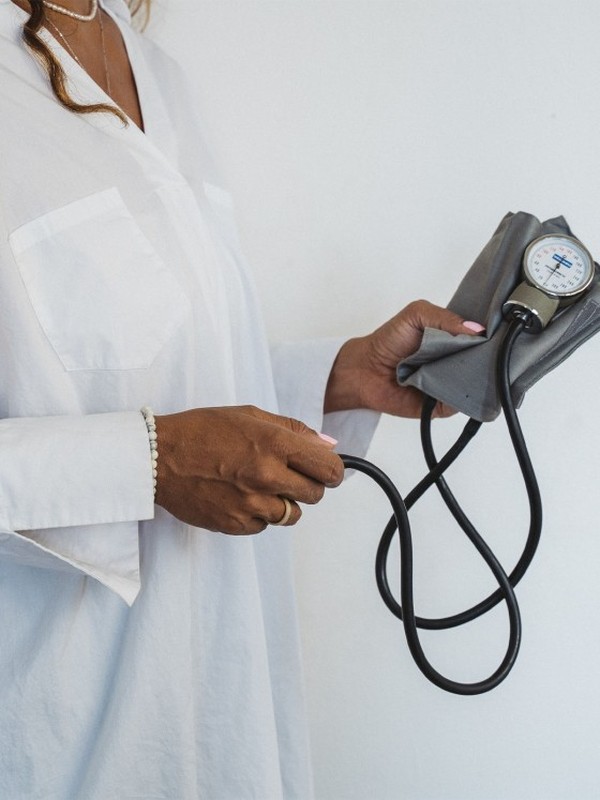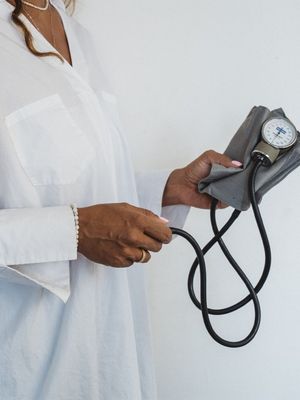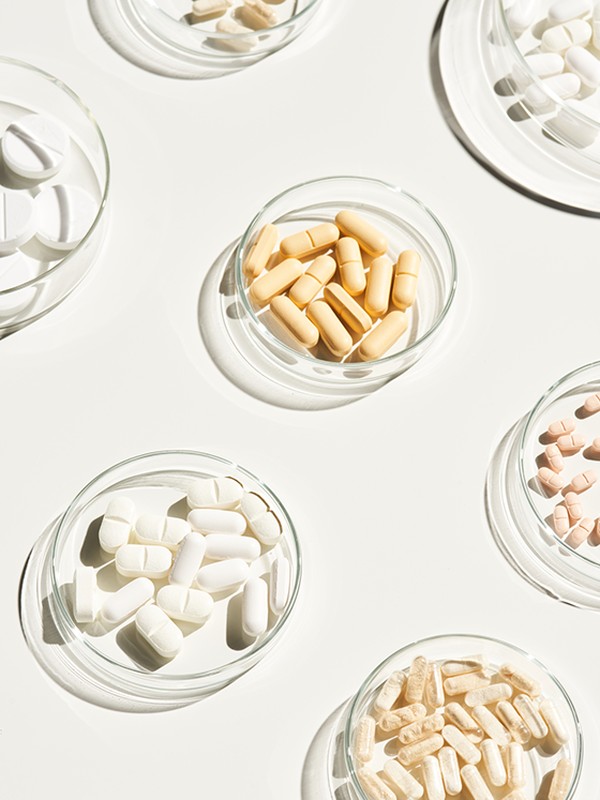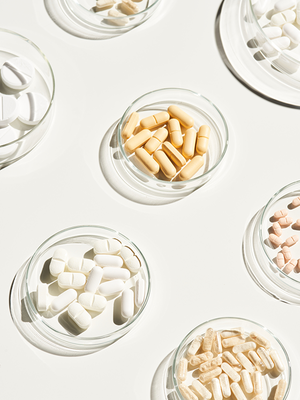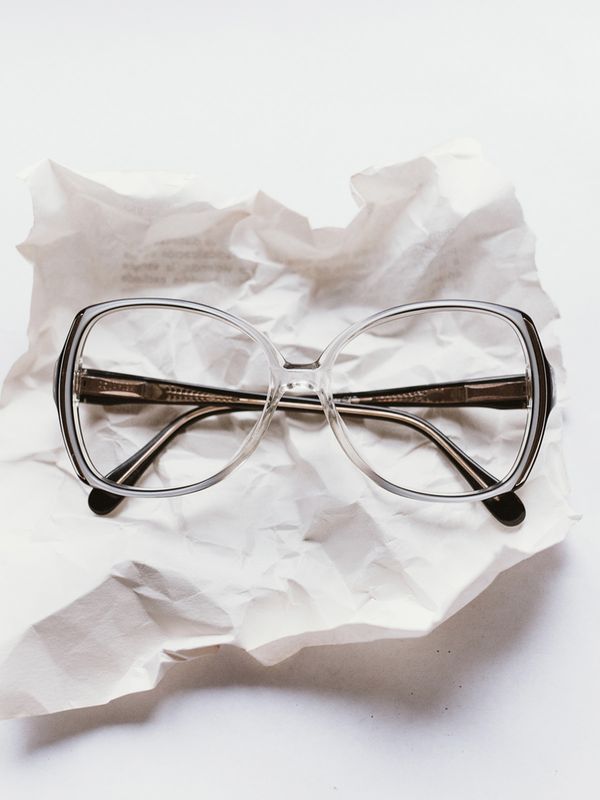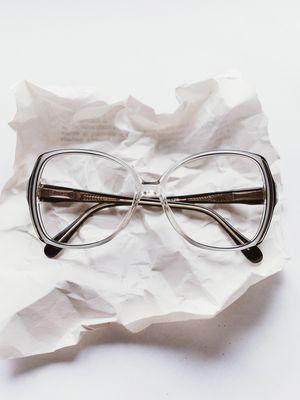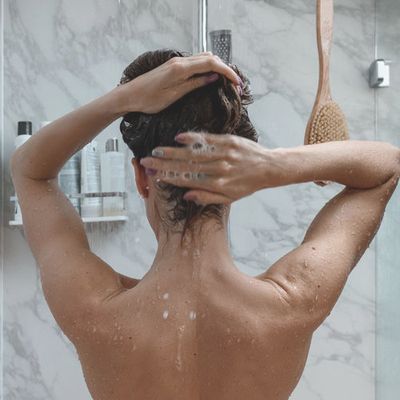
How To Live With Hard Water
First things first, what makes water hard or soft?
What’s in the water determines whether you’ve got hard or soft H2O. “Hard water contains magnesium and calcium minerals,” Martin Hurworth, Managing Director at Harvey Water Softeners, tells us. “It becomes hard when rainwater, which is naturally soft, falls on porous ground such as limestone or chalk.” This is contrast to soft water which contains little or no calcium or magnesium, and feels soft to the touch as it doesn’t contain the same hardness minerals.
What are the differences between the two?
You can tell whether your water is hard or soft in several different ways. “Soft water has a slippery feel to it and lathers better with products such as shower gels, soaps and detergents as it doesn’t those hardness minerals in it,” Martin explains. “Hard water has minerals in it that make it hard for the products to lather, you have to use more product to get the same lather. When hard water dries on surfaces, it leaves a white residue - again because of the minerals.”
What makes hard water a problem?
Hard water can be a problem that’s difficult to get rid of as once it’s in your house, it’s likely to affect everything that runs through a pipe. Those constant stains on the shower screen and the white furry element in the kettle? Yep, that’s limescale. “From your boiler’s efficiency to your family’s skin, it’ll cause endless problems,” Martin warns. “Limescale is caused by hard water, and will leave mineral deposits all over your home, leaving pipes and appliances working less efficiently and ultimately not lasting very long.” And not only will it affect your appliances, but it’ll wreak havoc on your hair, too. “It’ll cause hair breakage and itchy scalps, dry skin and irritation,” Martin adds.
Which areas are the worst affected by hard water?
“The UK may seem like a pretty small place in the grand scheme of things, but what’s in the water differs massively depending on where you are,” the experts at Fragrance Direct, who recently created a hard water calculator. “The South and East of England have the hardest water. The chalk and limestone in the ground here surrenders more minerals to the water than in other areas.” Which is good news for Northerners, who benefit from having softer water flowing through their pipes. (According to this chart, Bath and Bristol are the two cities which have the hardest water in the UK.) Having said this, Martin points out that while some areas have harder water than other, very few places have completely soft water.
What common problems could we experience when it comes to our beauty routine?
As hard water refuses to lather well, it means you’ll be using more product to get a better effect. But Martin notes that using more product will dry out your skin, as the chemicals in the product will stick to the skin: “The chemicals don’t wash off easily and can irritate skin, clogging your pores and contributing to dryness and itchiness.”
When it comes to your hair, an expert trichologist at Crewe Hair and Skin Clinic says that certain hair types, like chemically treated or bleached hair, are more susceptible to the effects of hard water: “The evidence base overall suggests that washing hair in hard water can decrease the strength of hair and increase the chances of breakage.” But they say there are ways to help: “Keeping the hair in good condition with the right products will protect against negative effects. Deionizing water in hard waters areas and using chelating shampoos and conditioners, which trap and remove hard water metals, are your best choice.”
How can we treat our hard water problem?
There are a number of ways. Firstly, Martin says hard water can be softened with a water softener: “It plumbs into the mains water supply and softens the entire house. They work by removing the magnesium and calcium through a process of ion exchange, turning it into softened water. You can then protect your home from the effects of limescale – no marks left throughout the home; kitchens and bathrooms won’t need much cleaning; your appliances will last longer; the quality of your hair and skin will be better; and your bills will be cheaper.”
In the meantime, when it comes to cleaning, vinegar and lemon juice are effective at getting rid of limescale build-ups. If you like your tea, there are several kettles that are said to be more effective in hard water areas. The key to avoiding the limescale build-up is getting a kettle with a filter, such as the Morphy Richards Brita Electric Filter Kettle, or the Breville Brita Filter Jug Kettle.
For your laundry, try adding some soda crystals in your wash – they’re known for helping to soften water and prolonging the life of your washing machine by preventing limescale build-up – you can buy big bags of the stuff at Waitrose and Robert Dyas. Back to those chelating shampoos, try Mizani Phormula 7 Neutralizing and Chelating Shampoo, Malibu Hard Water Wellness shampoo and conditioner, or Aveda’s Shampure shampoo.
And finally, is it safe to drink?
Turns out, despite it being bad for our taps, hair and appliances, hard water is actually ok to drink because it contains calcium and magnesium – as The British Heart Foundation’s senior dietitian Victoria Taylor says: “Magnesium is associated with a positive impact on certain heart disease risk factors such as lowering blood pressure.” Essentially, it’s not harmful, which is the most important thing – it’s soft water that you need to look out for in this case: “There’s a misconception that softened water contains salt, when in fact it doesn’t even enter the water supply, it is only used to soften the resin,” explains Martin. “However, softened water is not advised to drink if you are on a low sodium diet prescribed medical practitioner or to be mixed with baby feed. Some people prefer the taste of non-softened water so we also recommend a water filter and hard water line, so you can enjoy the best of both worlds - softened water for your home and family and filtered water for drinking enjoyment.”
Visit HarveyWaterSofteners.co.uk for more information.
DISCLAIMER: We endeavour to always credit the correct original source of every image we use. If you think a credit may be incorrect, please contact us at info@sheerluxe.com.
